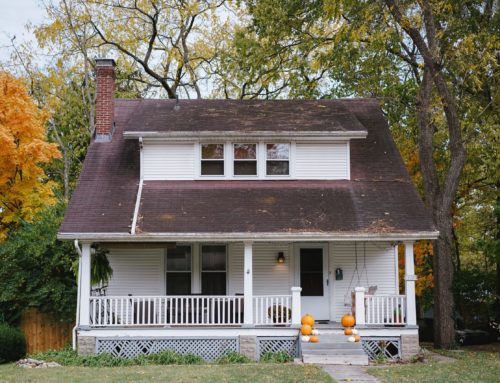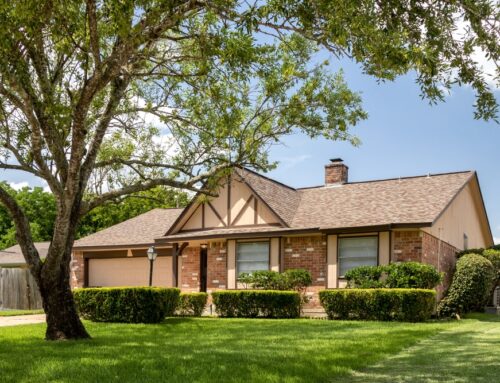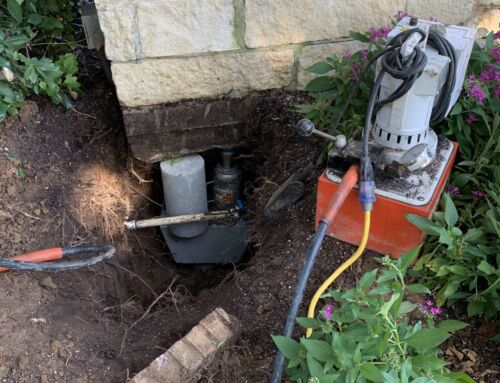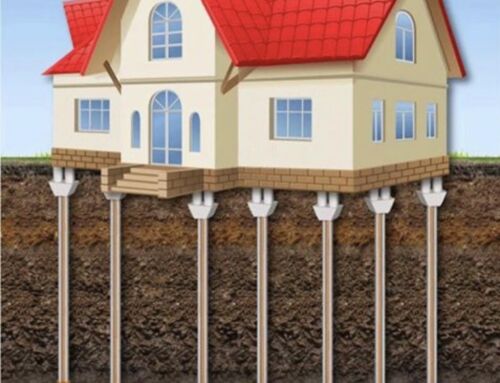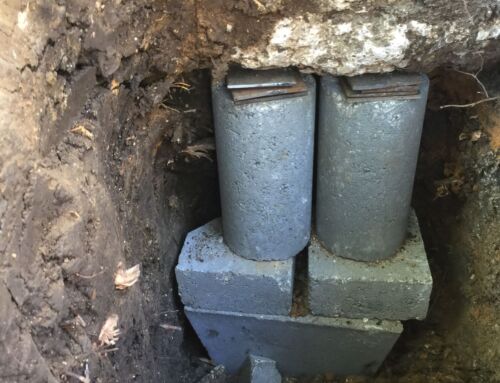Every state has its own set of complications when it comes to building a structure of any kind. The farther north you get, the colder it becomes. You begin to go South and the heat and moisture presents its own set of unique problems for your foundation. North Texas happens to sit smack dab in the middle of that climate line, making for a particularly puzzling set of factors from both worlds.
How Clay Soils Affect Foundation
Clay is a wonderful tool for craft makers world wide. From tiles to pots, it is known for its malleability and reusability when creating works of art. Unfortunately, that malleability comes at a cost when it’s what your foundation rests on. Clay soaks up water easily, expanding more and more as it becomes saturated.
The reverse is also a concern. When clay dries, it constricts and shrinks, leaving open pockets of air. Other soils begin to shift with the clay to fill in these areas.
This can cause a weakening of the soil and allow for accelerated settling of your foundation. The result of this expansion and retraction causes strain on the foundation, mainly when one area of the soil moves and settles and the rest of the foundation is now on a different level. Gravity takes its toll.
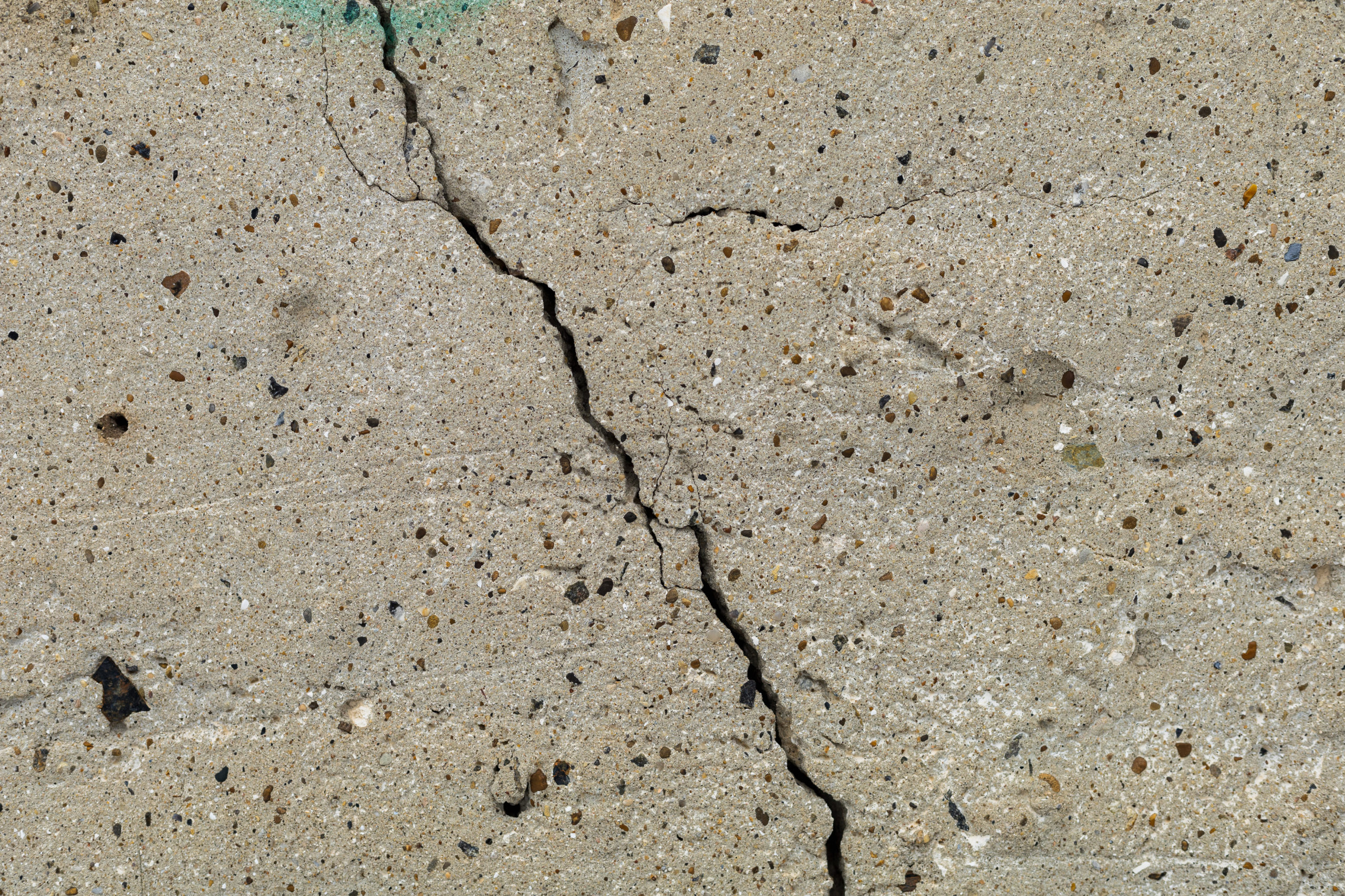
Rainy Seasons And Hot Weather
As with clay, all soil is at the mercy of the weather. As Texas moves into the dry season, soil shrinkage is the main concern. Prolonged dry periods cause the soil to shrink and compact, leaving air pockets behind that can cause an uneven area under your home. The settling of one end of the foundation can then accelerate past the rest, straining the entire home. Cracks in the walls or at doorway corners are a pretty good sign this has occurred.
Then we move into the rainy season and that expansion begins to be a concern. Normal rain is nothing to worry about and is a well known factor with all construction. The problems begin when you get into heavy rain or flood conditions. Excess water causes soils to become weak, allowing the home to shift and settle faster. It can also cause damage to any wood as well as put undue pressure on the walls of the foundation and home as water pools.
The Occasional Frost
Frost doesn’t need a lot of time to cause enough damage to be considered a problem. The rapid expansion of moisture hardening in soils or other porous materials causes what people call “frost heave”. This can be seen in many wood materials as it bulges in your foundation, basement floor or walls, and other parts of your home. The soil also becomes affected by frost heave, shifting different parts of your foundation up when the other sections of the foundation are left unaffected.
Foundation Leveling In Grapevine
Discount Foundation Repair of North East Texas has been helping the community of Grapevine and many like it for over 30 years. We pride ourselves on the knowledge we have acquired not only with foundations in general, but the area we serve. Knowing and understanding the soil we work in and how it affects your home is just as important to us as the installation process itself. Give us a call for your free homeowners inspection or if you have any concerns about your home.

